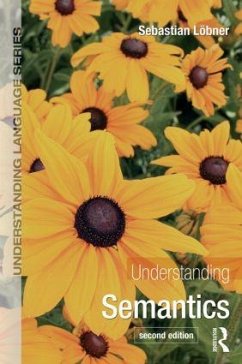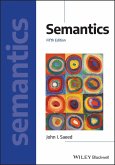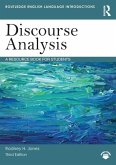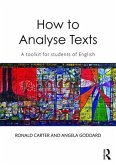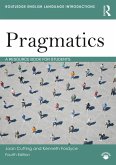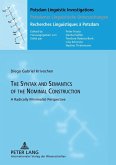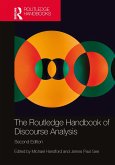Praise for the first edition
"Understanding Semantics is an original and innovative resource for introductory courses on linguistic semantics, excelling in particular in conciseness and accessibility of presentation."
Linguistics 43-2
"Löbner's book is strongly recommended and is best seen as a starting point in one's inquiry into what semantics comprises."
Luna Filipovic Kleiner, Journal of Pragmatics
Praise for the second edition
"Sebastian Löbner deserves great credit for producing an introduction to linguistic meaning that is both accessible and thorough."
Chris Lucas, School of Oriental and African Studies, University of London, UK
"This excellent and well-written introductory textbook provides students with easy access to the fascinating world of semantics."
Klaus von Heusinger, University of Cologne, Germany
"Sebastian Löbner's Understanding Semantics is a rare treat for both seasoned researchers in semantics and novices to the field, and I believe this book should be on every semantics curriculum as it has been on mine since it first appeared."
Luna Filipovic, University of East Anglia, UK
"Without stinting on presenting core areas of sentential logic, predication, and lexical relations, the new edition of this comprehensive survey of semantics is enhanced by three new chapters. Students will benefit from the exercises that cover the intersection of semantic and pragmatics at the lexical, sentential and cognitive levels and require seeking evidence from their own as well as typologically diverse languages."
Laurel Smith Stvan, University of Texas at Arlington, USA
"Understanding Semantics is an original and innovative resource for introductory courses on linguistic semantics, excelling in particular in conciseness and accessibility of presentation."
Linguistics 43-2
"Löbner's book is strongly recommended and is best seen as a starting point in one's inquiry into what semantics comprises."
Luna Filipovic Kleiner, Journal of Pragmatics
Praise for the second edition
"Sebastian Löbner deserves great credit for producing an introduction to linguistic meaning that is both accessible and thorough."
Chris Lucas, School of Oriental and African Studies, University of London, UK
"This excellent and well-written introductory textbook provides students with easy access to the fascinating world of semantics."
Klaus von Heusinger, University of Cologne, Germany
"Sebastian Löbner's Understanding Semantics is a rare treat for both seasoned researchers in semantics and novices to the field, and I believe this book should be on every semantics curriculum as it has been on mine since it first appeared."
Luna Filipovic, University of East Anglia, UK
"Without stinting on presenting core areas of sentential logic, predication, and lexical relations, the new edition of this comprehensive survey of semantics is enhanced by three new chapters. Students will benefit from the exercises that cover the intersection of semantic and pragmatics at the lexical, sentential and cognitive levels and require seeking evidence from their own as well as typologically diverse languages."
Laurel Smith Stvan, University of Texas at Arlington, USA

